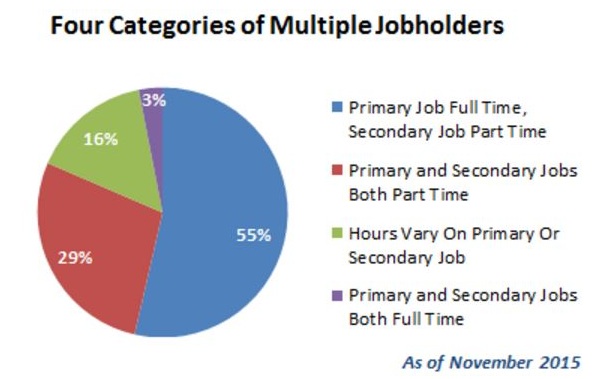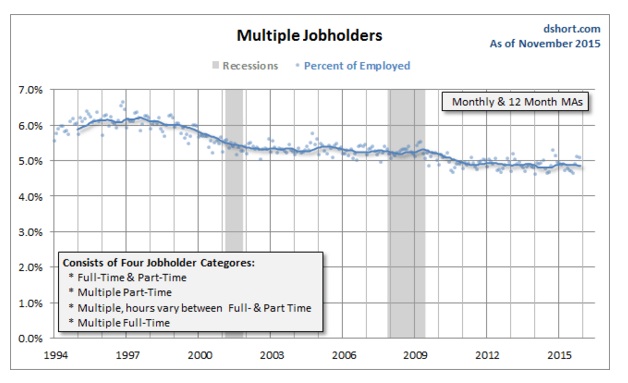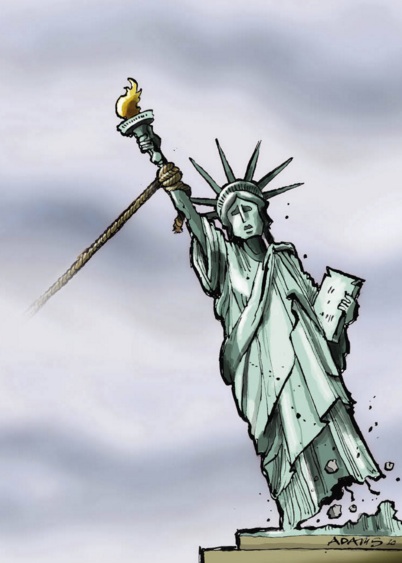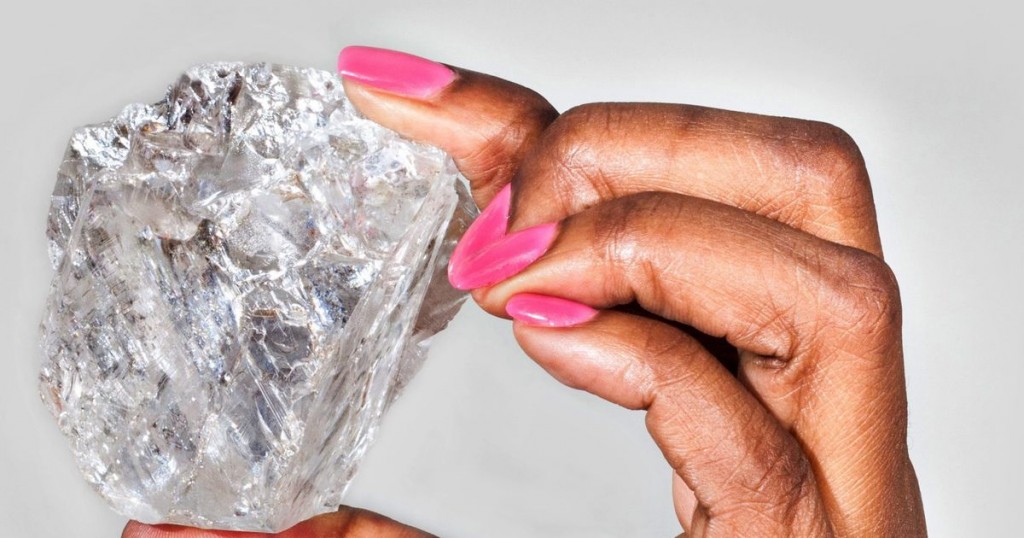Ben Taub writes:
One of Russia’s nine deputy defense ministers, said that recently collected images constitute “hard evidence” that there is “a single team acting in the region, composed of criminals and Turkish elites,” who are buying oil from ISIS “on an industrial scale.”
Russian President Vladimir Putin announced, “We have every reason to think that the decision to shoot down our plane was dictated by the desire to protect the oil-supply lines to Turkish territory,” specifically, those funding ISIS.
A defense minister went a step further. “This illegal business involves the country’s senior political leadership, including President Erdoğan and his family members,” he said. “Maybe I’m being too blunt, but one can only entrust control over this thieving business to one’s closest associates.” Erdogan’s son-in-law had recently been appointed minister of energy and natural resources. “Of course, the dirty oil money will work,” he added.
In fact, one of Russia’s satellite photographs showed a very familiar place. I first walked through the Bab al-Salama border crossing in April, 2013, and lived within sight of it for the next two summers. Then, too, trucks often lined the road leading down to the border gates, many of them parked for hours while drivers napped in an olive grove nearby, waiting for inspectors to finish checking the vehicles ahead of them. On the Turkish side, fourteen thousand Syrian refugees lived in a container camp nestled against the border. Beyond the Syrian gates, a comparable number of civilians lived at a transit camp under wretched conditions. A system of hoses transported clean drinking water from Turkey into huge tanks at the Syrian camp, but there was no way to dispose of waste, and it gathered in puddles next to the road and ruts in the mud. Both camps sprang up from nothing, out of necessity, as people from Aleppo and the villages to its north tried to escape the war. (Fleeing didn’t always help; in June, 2013, a Syrian jet strafed the transit camp, killing seven refugees.) Both camps are plainly visible in the Russian satellite pictures..
The practice of smuggling at the Turkish-Syrian border is decades older than the war. Aleppo once belonged to the Ottoman Empire; when it was cut off from Turkey, in 1924, after the Treaty of Lausanne established most of the modern border, locals continued transporting all manner of goods from the cheaper side to the more expensive side.
Syria’s most potent oilfields are in the Deir Ezzor province, largely under ISIS control. The group earns most of its money by taxing locals and confiscating valuables at checkpoints, but oil sales still account for hundreds of millions of dollars of revenue.
Last year, the journalist Mike Giglio found that much of the oil was coming through a smuggling post and originated in ISIS territory, many miles away. It was transported by middlemen to a nearby area in northwest Syria. In Besaslan, traders received the oil through a network of buried pipes, while spotters looked out for police. They filled drums and sold them to local Turkish businessmen, who, in turn, cut secret deals with gas stations or set up illegal filling stops.
The Turkish government maintains murky alliances with a number of Islamist rebel groups in Syria. In January, 2014, three trucks escorted by the intelligence services were found to be transporting huge quantities of ammunition to a camp frequented by rebels with connections to Al Qaeda, according to an arrest order for one of the drivers. The Turkish newspaper Cumhuriyet published a video of the trucks, and last week its editor-in-chief was arrested on charges of collecting and revealing secret documents. Erdoğan insisted the trucks were carrying “humanitarian aid” for Turkmen in Syria, and personally accused the Cumhuriyet editor of “attempting to overthrow the government” of Turkey.












